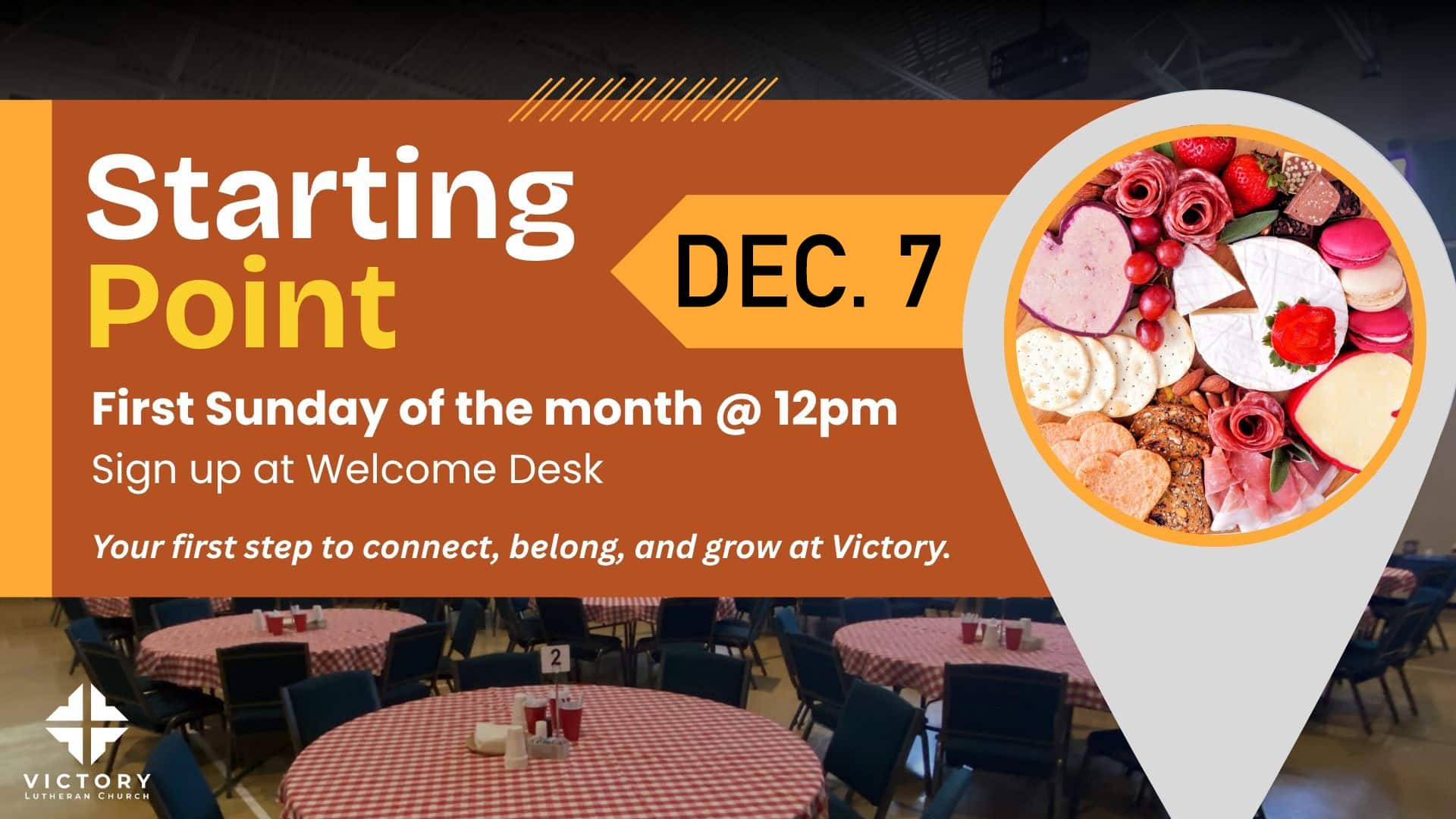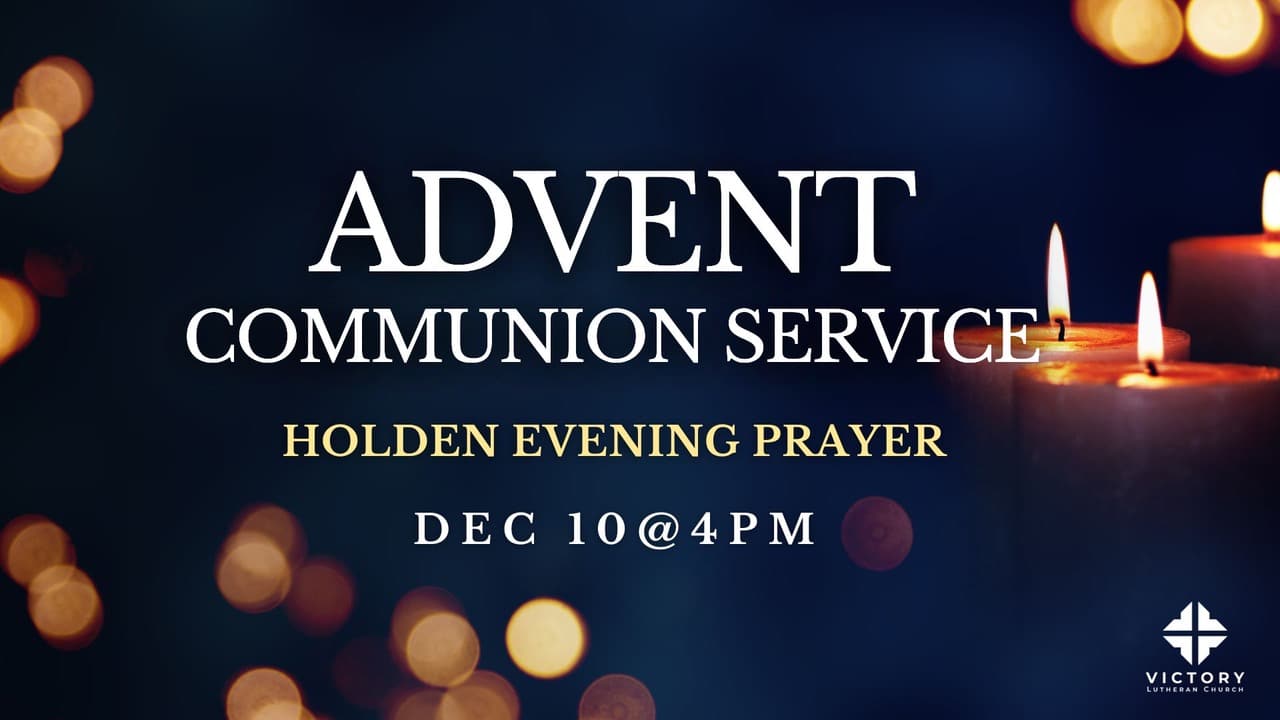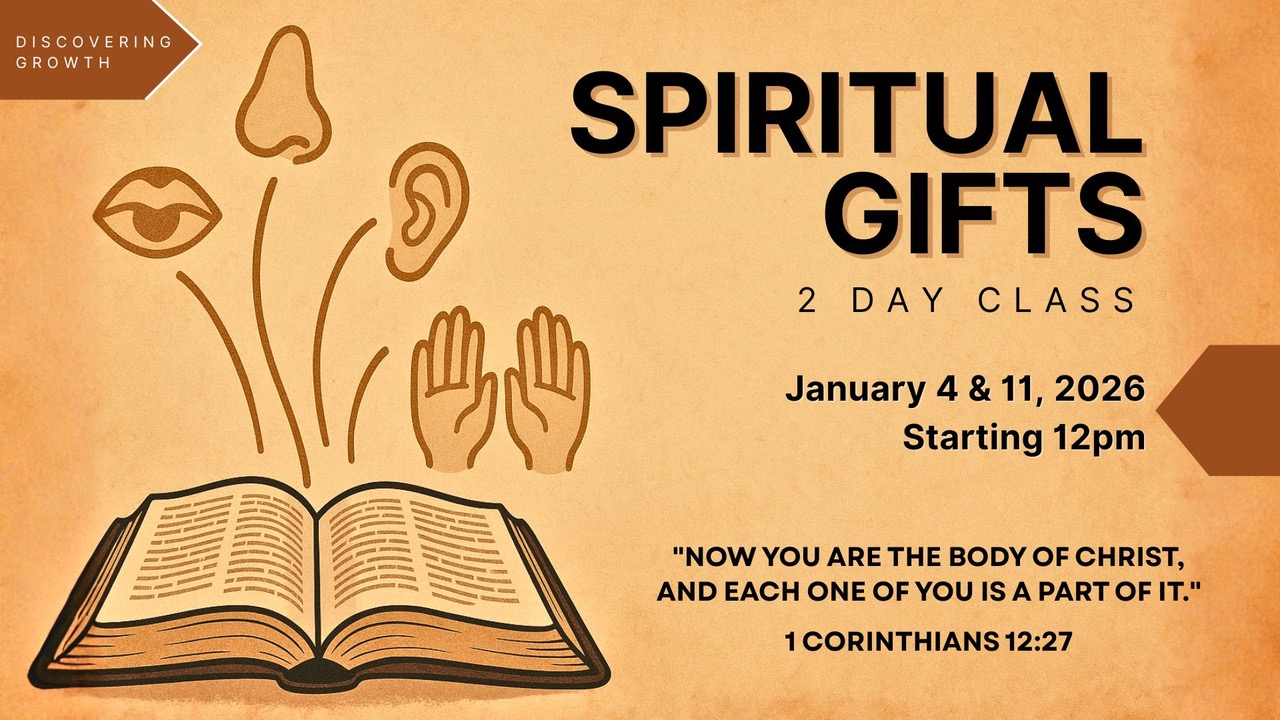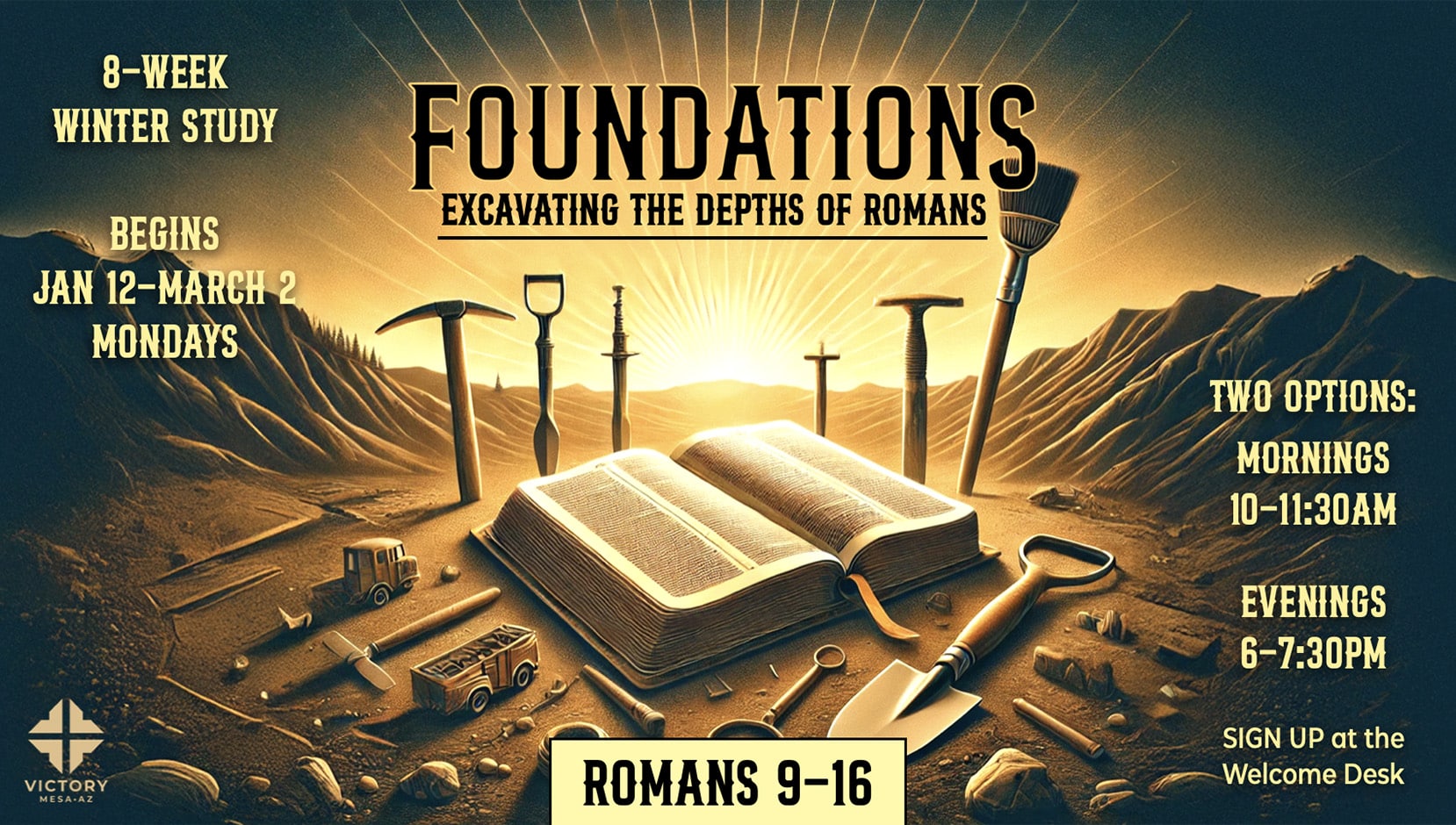Welcome to Victory
Lutheran Church!
A joyful and loving community located at Mesa/AZ.
Our mission is being and making disciples for Jesus Christ.
“Through Christ, we are victorious!” (1 Corinthians 15:57)
Welcome to Victory
Lutheran Church!
A joyful and loving community located at Mesa/AZ.
Our mission is being and making disciples for Jesus Christ.
“Through Christ, we are victorious!” (1 Corinthians 15:57)
Welcome to Victory
Lutheran Church!
A joyful and loving community located at Mesa/AZ.
Our mission is being and making disciples for Jesus Christ.
“Through Christ, we are victorious!” (1 Corinthians 15:57)

Join us this Weekend
Saturdays at 4pm and Sundays at 8am, 9:30am, and 11am.
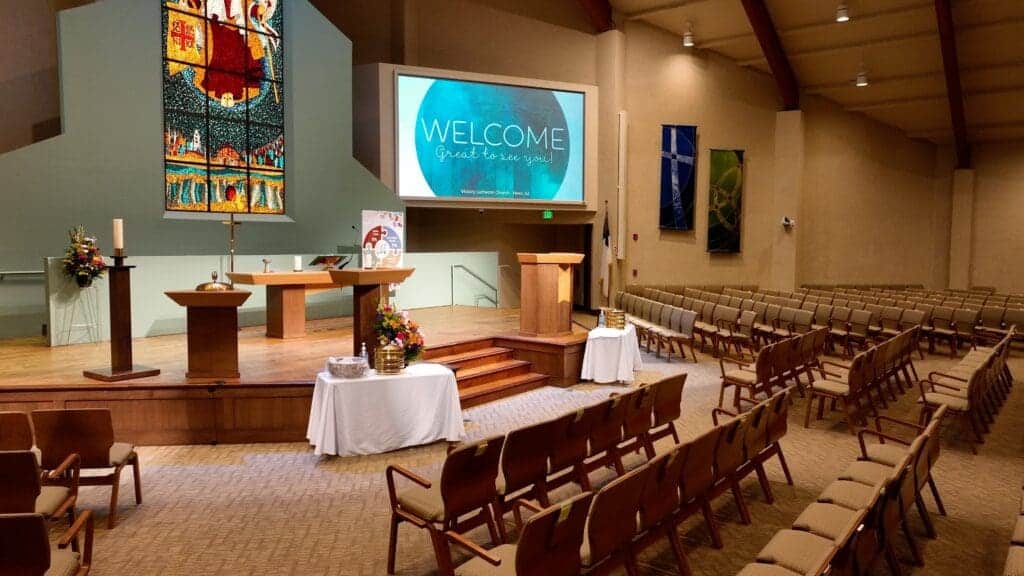
A Joyful and Loving Community of Followers of Jesus Christ
Welcome to Victory Lutheran Church! We celebrate God’s goodness to us and offer support for life’s challenges.
Explore our website to discover resources that empower your faith, and plan a visit to experience uplifting worship services and connect with other believers. We genuinely want to get to know you and walk alongside you on your spiritual journey, discovering the great blessings that God has in store for your life. Welcome to our Church in Mesa/AZ, where lives are transformed and God’s grace is celebrated.
Weekly Services
"How good and pleasant it is when God's people live together in unity!" Psalm 133:1 Our weekly worship style is rooted in the traditional Lutheran experience, featuring a variety of meaningful elements that create a memorable atmosphere for our congregation.
Online Campus
We're thrilled to extend our spiritual family into this digital space, uniting both long-standing members and newcomers in faith, love, and enlightenment. Join us in our online worship services, bible studies, and various activities as we continue to spread God's Word.
Connect
Discover the diverse ministries at Victory, designed to inspire, uplift, and engage all members of our community. Our ministries provide opportunities for spiritual growth, fellowship, and service. Join us in our mission to spread the love of Christ and make a lasting impact on those around us.
Events
You are invited to our upcoming events, that are designed to cultivate fellowship and deepen our collective faith. Whether you are a long-standing member or a newcomer looking to find your spiritual home, we warmly welcome you to join us as we share in laughter, learning, prayer, and praise.
Most Recent Worship
Pr. Todd Mathison
Peace (Main)
Featured Events

Prayer of Faith
Dear Jesus,
Thank you for making me and loving me, even when I’ve ignored you and gone my own way. I realize I need you in my life, and I’m sorry for my sins. I believe you died on the cross for me, and you also rose again from the dead for me. I gladly receive your gift of salvation. Please help me to understand it more. As much as I know how, I want to follow you from now on. Thank you for calling me as your own child, a member of your own family. Please help me grow now as a Christian.
In Jesus’ name,
Amen.
“Whoever calls upon the name of the Lord will be saved.”
ROMANS 10:13

